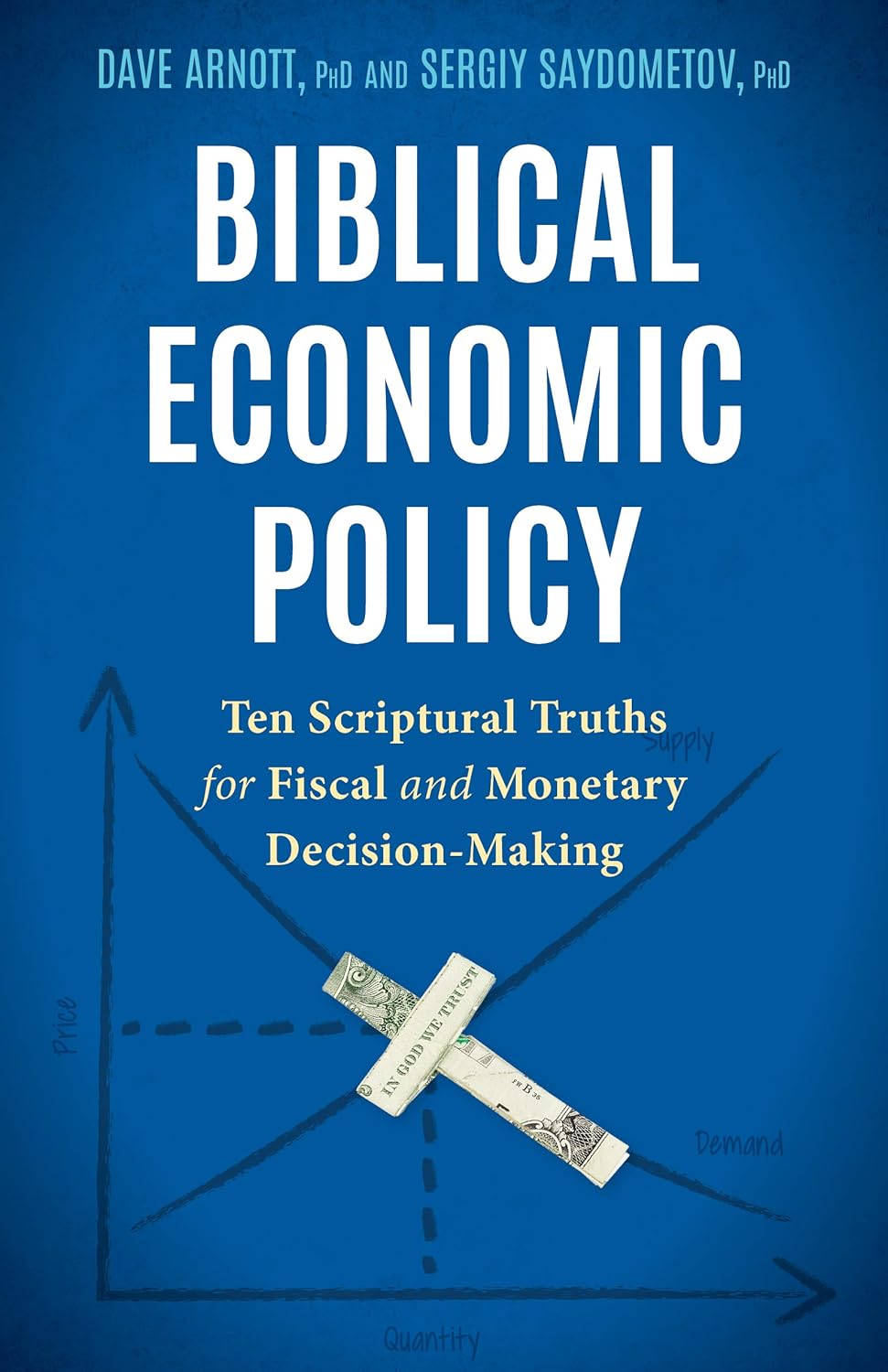Galations #2: Justified by Faith
October 6, 2024Pastor Patrick presented today's message, "Galations #2: Justified by Faith." Here's a video of the message.
For last week's first message in this Galations series, I offereed the notion that following the laws (particularly of the Torah) is a response to having faith in the Triune God (Galations #1). Not the other way around where following the laws earns you something. As Patrick has made quite clear, there's no way we can be any kind of perfect in following the laws. We are a fallen, sinful people.
My essay last week was clearly to bolster the value of the Torah (and the Old Testament generall). I'd like to continue that with these two thoughts...
1. The first five books of the Old Testament are often referred to as the Books of the Law. That's not what Torah means. The root of Torah has to do with teaching. It would be more accurately referred to as the Books of Teachings.
By the way, in case you were wondering, the Greek word for the Torah is Pentateuch which simply means "five books." So there's no great meaning we can glean from that.
While we're at it... Each of the books of the Torah could use some title translation help as well. In Biblical Hebrew, the books of the Bible are generally titled by the first word or phrase in the book. If we used an English translation of those first Hebrew words/phrases, the book titles would be:
Exodus - Names (שְׁמוֹת֙, shemowt). Actually, in this case, I like Exodus better.
Leviticus - And He Called (וַיִּקְרָ֖א, wayriqya). He called on us to be good.
Numbers - In the Wilderness (בְּמִדְבַּ֥ר, bemidbar, not the very first word).
Deuteronomy - Words/Things (הַדְּבָרִ֗ים, hadebarim), "Second Teaching/Law" in Greek. I like "2nd teaching" as this is now Moses re-stating or re-telling much from the first four books.
2. In many ways, they are books of wisdom that if properly understood would help anyone of any religion, or no religion, make a better citizen and build a better society. The Founding Fathers, whether deists, or one of many Christian sects, or combinations, or even not religious at all, saw the value of applying Judeo-Christian values to the creation of our nation.
The Torah leads to values which leads to a better society, regardless of religious belief.
Bonus
 Biblical Economic Policy
Biblical Economic PolicyThe above is the title of a book I mentioned a couple weeks ago: Biblical Economic Policy: Ten Scriptural Truths for Fiscal and Monetary Decision-Making by David Arnott and Sergiy Saydometov.
I'm only about 20% of the way through the book, but I just had to pitch it to you. It does a great job of linking Biblical teaching to secular government policy making in the area of economics.
And I like its structure. There's an opening, generalized chapter. The second chapter lists the "Ten Commandments of Biblical Economics" and explains each on its own. Lastly, there are eleven chapters applying these "Ten Commandments" to eleven economic areas. Here's the table of contents:
1. Christianity and Economics: Two Dismal Sciences
2. The Ten Commandments of Biblical Economics
- People Should Be Free
- Work Is Good
- Don't Steal
- Don't Covet
- Use Honest Measures
- Trade Is Good
- Love Your Neighbor As Yourself
- Take Care of Widows and Orphans
- Be a Good Samaritan
- Honor Those in Power
4. Government Policies
5. Markets Work
6. Taxes
7. Production
8. Unemployment
9. The Monetary System
10. Inflation
11. Fiscal Policy
12. Income Inequality
13. Social Economics
14. Conclusion
Teaser: Jesus spent 3 years in His ministry. He spent roughly 15 years in the free market as a carpenter. (Page 67)
Teaser: "Our differences bring us together to serve one another, largely through market trade." (Page 68)